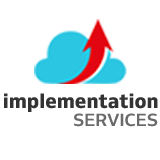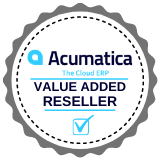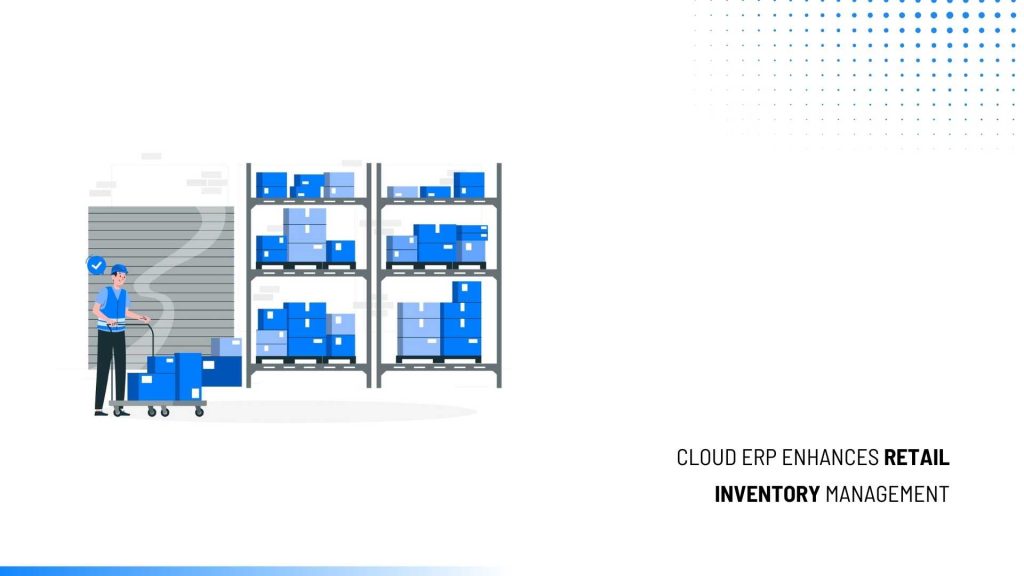Inventory management is a major part of a thriving retail business. Striking the delicate balance between meeting customer demands and minimizing costs is a constant challenge for retailers. Modern enterprises are shifting to innovative solutions to simplify operations and gain a competitive edge in pursuing operational excellence.
Cloud ERP software stands out as a transformative force among these solutions. We delve into the remarkable ways ERP software enhances retail inventory management, offering real-time visibility, automation, and data-driven decision-making to navigate the complexities of the supply chain.
The Role of ERP Solution in Retail Inventory Management:
Real-time Inventory Visibility:
ERP systems give retailers real-time inventory visibility across all channels and locations. It stops the need for manual tracking and allows for quick decision-making based on accurate, up-to-date information.
Demand Forecasting and Planning:
Accurate demand forecasting is crucial for retail success. ERP software leverages historical data, market trends, and other relevant factors to provide retailers with insights into future demand. It enables them to optimize stock levels, reduce excess inventory, and prevent stockouts.
Inventory Automation:
ERP systems automate inventory management processes, such as order fulfillment, stock replenishment, and tracking. Automation reduces the likelihood of human errors, speeds up processes, and ensures greater efficiency throughout the supply chain.
Supplier Management:
Effective supplier relationships are vital for maintaining a well-functioning supply chain. ERP software enables seamless supplier communication, automates order processes, and facilitates better collaboration. It helps retailers build stronger partnerships and ensures a steady and reliable inventory flow.
Integrated Supply Chain Management:
ERP systems integrate all aspects of the supply chain, from procurement and production to distribution and retail. This end-to-end visibility enhances coordination, reduces bottlenecks, and improves overall supply chain efficiency.
Enhanced Data Accuracy and Reporting:
ERP software centralizes data, minimizing discrepancies and ensuring accuracy in reporting. Retailers can generate comprehensive reports on inventory levels, sales performance, and other key metrics, enabling informed decision-making at various levels of the organization.
Inventory Optimization:
ERP systems help retailers optimize inventory levels by analyzing historical and real-time data. It prevents overstocking or understocking, reduces carrying costs, and improves cash flow.
Multi-channel Retailing:
In the era of omnichannel retail, ERP systems enable seamless integration and management of inventory across different sales channels, including online and offline stores. It ensures a consistent and unified customer experience, regardless of the medium chosen.
Conclusion:
Acumatica ERP is a transformative solution that can significantly enhance retail inventory management. By seamlessly integrating various aspects of inventory control, Acumatica empowers retailers to achieve unprecedented levels of efficiency and accuracy in their operations.
The real-time visibility into stock levels, automated replenishment processes, and robust reporting capabilities enable businesses to make informed decisions swiftly. The flexibility of Acumatica allows retailers to adapt to evolving market trends and customer demands, ensuring that inventory is optimized to meet the dynamic nature of the retail landscape.
Moreover, the platform’s user-friendly interface streamlines workflows, reducing manual errors and enhancing overall productivity. With Acumatica ERP, retailers can not only overcome challenges associated with inventory management but also gain a competitive edge by fostering smarter, data-driven decision-making in their day-to-day operations.

Vijay comes with a vast experience in ERP and enterprise solutions space with about 20 years of experience in various packaged application like Acumatica, SAP, Orion, Salesforce.com, SugarCRM and, SalesLogix.
















